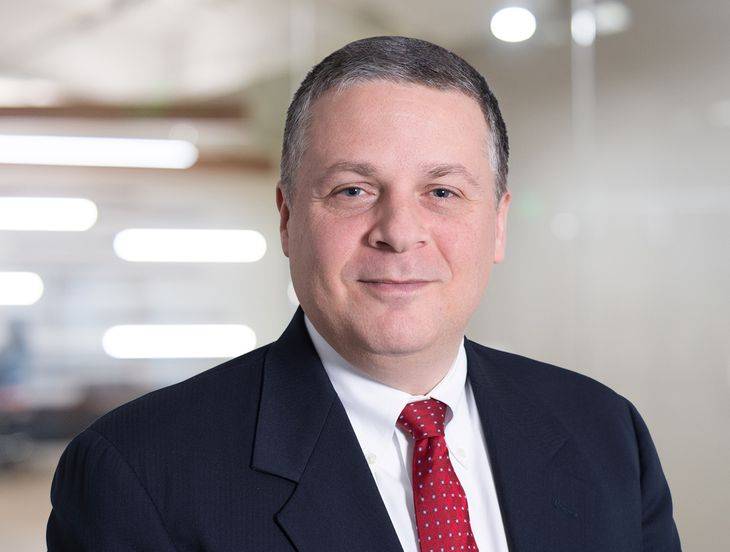Lawyer Steals Documents, Destroys Evidence, Lies Under Oath...And Gets Disbarred
Insights
10.26.10
A recent Ohio Supreme Court case serves as a reminder that misconduct undertaken by departing employees can lead to more than just civil liability; it can lead to professional sanctions as well. In Disciplinary Counsel v. Robinson, the Ohio Supreme Court considered the shocking conduct of David Jerome Robinson. Robinson worked for a law firm and its lobbying subsidiary and signed an employment agreement that required him to maintain the confidentiality of all business information. When he sought to move on to greener pastures, Robinson removed seven boxes of materials while the rest of his law firm was at a retreat in Pennsylvania. A few weeks later he was terminated, and not long after that, he was sued by his former firm for breach of contract.
During his deposition and courtroom testimony, Robinson testified that he didn't have any client records or law firm information in his possession. During a lunch time recess, Robinson went to the men's restroom, removed a document he had taken from his former firm out of a binder and destroyed it. That evening, he returned home, placed several more boxes in his car and drove across the state of Ohio stopping at various dumpsters to tear up and discard his former firm's confidential documents. Four days later, Robinson must have either concluded that he was going to be caught or he had a sudden rush of conscience because he self-reported his destruction of documents to both his former firm and the court. The court subsequently entered a preliminary injunction against him, but Robinson's legal woes were just beginning.
Robinson's misconduct came under the scrutiny of the Board of Commissioners on Grievances and Discipline of the Supreme Court of Ohio. He defended his actions by claiming he had testified to the best of his recollection and therefore testified truthfully. The Board, however, and the Ohio Supreme Court found otherwise. "Given the timing and circumstances surrounding [Robinson's] removal of materials from his office, his ... inability to recall these events was simply 'incredible.'"
Robinson also argued that the rules of professional conduct for lawyers did not apply because his misconduct arose out of personal litigation and not in the context of representing a client. The Ohio Supreme Court saw it differently. "[W]e do not hold [Robinson] to a higher standard than a member of the general public. Instead, we recognize that [his] conduct, be it in a personal or professional capacity, demonstrates a lack of respect for the law that he has been sworn to uphold, thereby undermining public confidence in our justice system." For these reasons, the Court found that the professional rules of conduct at issue "apply with equal force to attorneys acting in either a personal or professional capacity." Against this backdrop, the Court suspended Robinson from the practice of law in the state of Ohio for one year.
Much could be written about this case. It highlights mistakes often made by departing employees. It raises questions concerning the enforceability of restrictive covenants against attorneys. But setting aside questions regarding the manner in which misconduct may or may not affect civil liability, this case also serves as a reminder that misconduct by departing employees can have consequences outside the courtroom. Various professions ranging from medicine to financial services to engineering are governed by self imposed standards of ethics and conduct. As employees change jobs, they ought to think about more than civil liability as they consider what to do and more importantly, what not to do. Their career may depend on it.
As always, please feel free to share your thoughts and questions in the comment space below. And if you have a topic or a case you believe we ought to address in an upcoming post, please let us know.
Michael R. Greco is a partner in the Employee Defection & Trade Secrets Practice Group at Fisher Phillips. To receive notice of future blog posts either by Mr. Greco or other members of the Practice Group, you may subscribe to this blog's RSS feed or follow Mr. Greco on Twitter at @MGrecoEsquire or Fisher Phillips on Twitter at @labor_attorneys. If you would like a copy of the Robinson case, please feel free to email Mr. Greco at mgreco@laborlawyers.com.
Related People
-
- Michael R. Greco
- Regional Managing Partner
